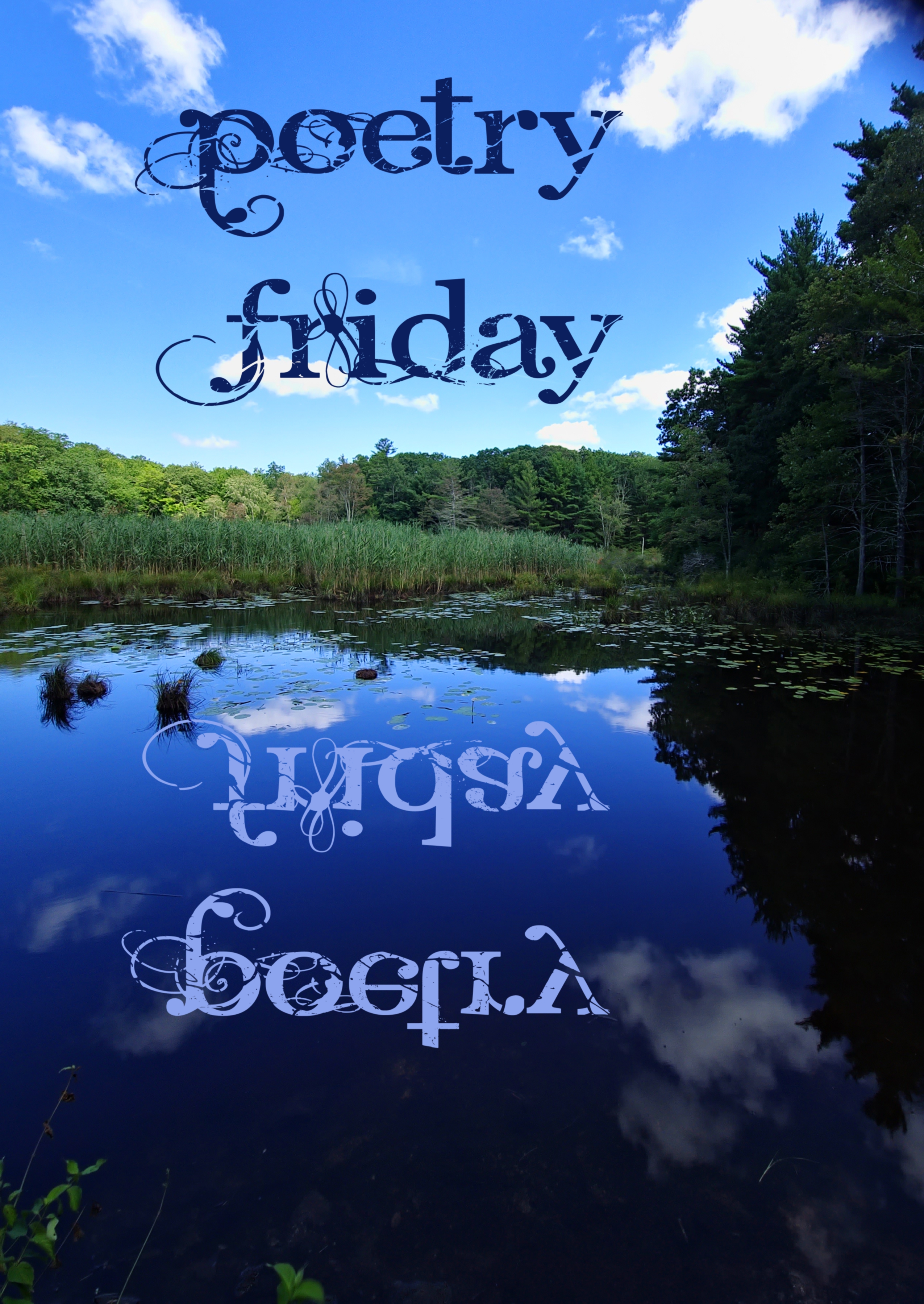Today is Poetry Friday! Please visit our wonderful host Anastasia at Small Poems for the story of her first poem sale. It will make you smile! You will also find lots of yummy poem goodness from our many Poetry Friday friends.

Recently, I had the opportunity to see Audie Cornish interview of Ken Burns, the documentary filmmaker. This is rather heavy, so brace yourself.

Ken Burns (source: Wikipedia)
Several topics stood out during the conversation for me. Due to his multi-year research and work on both his Civil War documentary and his WWII documentary, Ken had interesting perspectives on those wars individually as well as their intersections. Here are my notes on some of Ken’s comments:
Confederate Flags: The origin of what we consider to be the “Confederate Flag” today was not the primary flag used by the Confederacy during the Civil War. In fact, it was unpopular in many states because of its resemblance to the US flag. The “Southern Cross” version of the Confederate flag that we see today was a battlefield flag that gained popularity among various states around 1954, following the Brown v. Board of Education decision when the US Supreme Court decided that school segregation violated the fourteenth amendment. Mississippi and Georgia added the Confederate flag to their state flags as a form of protest. [Incidentally, the term “Southern Cross” also refers to the “Crux Constellation” visible from the southern hemisphere.]
Reich Citizenship Laws: The Nuremburg Laws, passed by Nazi Germany in 1935 to discriminate against Jewish citizens as a basis for the Holocaust, were modeled after US Jim Crow segregation laws. For more on this, see here.
Hilter’s Intentions: During an interview for Ken Burns’s WWII documentary, a US soldier from Waterbury, CT, spoke of his discussion with a captured Nazi soldier. The Nazi soldier, in accent-free English, asked the US soldier where he was from. He replied, “The United States.” The German soldier asked, “Where in the United States?” The US soldier replied, “The Northeast.” During continued questions from the German solider, who nodded understanding throughout, the US soldier told the German soldier that he was from: Connecticut … Waterbury … near the Naugatuck River. The German soldier asked if he lived near where Naugatuck River met a small steam (the US soldier said that you could practically jump across that stream). The US solider was amazed that the German soldier had such specific knowledge of the United States, so he asked how the German soldier knew such details. The German soldier responded that he had been through training, and he assigned to command that region of the United States when Germany took over.
Other Miscellaneous Commentary from Ken Burns:
- Humans communicate best through storytelling.
- Ken Burns quoted Mark Twain, who may have said, “History never repeats itself, but it does rhyme.”
- Throughout history, people have tended to organize their societies under dictators. Sometimes people favor dictatorship when the dictator shares their opinion, but once power is relinquished to a dictator it cannot be taken back.
- Be involved with government.
- Nothing is binary. Something can be true while its opposite is also true. It is important to understand the complexities of situations.
- Although people’s attention spans seem to have decreased, there still exists an appetite for deeper understanding. Ken cited binge-watching as an example of this phenomenon.
Here is a poem by Witter Bynner (1881-1968) that feels apropos.
War
Fools, fools, fools,
Your blood is hot to-day.
It cools
When you are clay.
It joins the very clod
Wherein you look at God,
Wherein at last you see
The living God
The loving God,
Which was your enemy.
To quote Ken Burns: There is no "them." There is only "us."

Also, if you're interested, there is a remarkable historian/author, Heather Cox Richardson, who writes a free daily "Letter From An Americans" about the intersection between current politics (US and World) and history. I highly recommend https://heathercoxrichardson.substack.com/